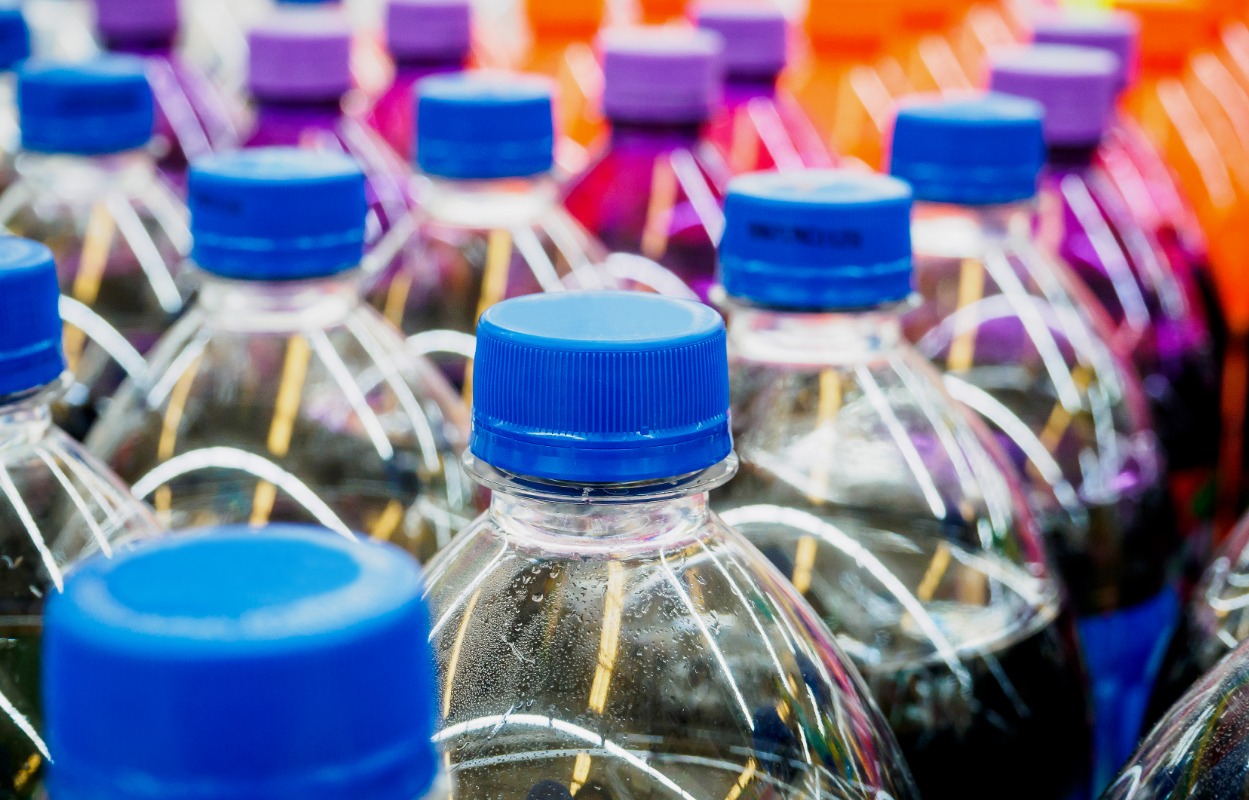We’ve been hearing about the negative consequences of sugary drinks and sodas for decades, but a causal link has not been able to be established. As more research was conducted and published over the past few decades, researchers have slowly added to the collective repository of knowledge on the effect of our diet on the onset and progression of cancer.
Sugary drinks have long been linked to obesity, which is a very strong risk factor for cancer. However, with more research coming out, scientists are closing in on the gap between sugary drinks and cancer while controlling for various risk factors.
What Are The Stats?
In a study of over 100,000 healthy adults, sugary drink consumption was recorded and correlated with the first cases of cancer reported by the participants. Medical information was validated by medical records. External variables were controlled for, including age, sex, physical activity, smoking levels, family history of cancer, and educational level.
Ingesting sugary drinks daily is already shown to correlate with cancer prevalence, but increasing your consumption each day by a small amount significantly increases your risk. The study found that in people who ingest sugary drinks daily, a mere 3.4-ounce increase per day was associated with an 18% higher risk of overall cancer and a 22% increased risk of breast cancer.
What’s The Link?
So what’s the mechanism behind this probable link? Well, consuming sugary drinks increases the body’s fat storage mechanism. The sugar contained in these drinks is very easily converted into fat. However, fat cells aren’t the problem here – fat cells are a beneficial part of the body when stored properly and in moderation.
The fat stored from sugary drinks is almost exclusively visceral fat. This isn’t that extra junk in the trunk or the pear shape that’s trending in media. Lower body fat is subcutaneous, as is upper body fat that you can pinch. While this may not ‘look good’, it doesn’t pose a serious health risk.
Visceral fat collects and accumulates around and in between the organs, and it’s very dangerous. This fat can compromise the functioning of certain organs such as the liver and pancreas. It is associated with higher levels of LDL (bad cholesterol) and lower levels of HDL (good cholesterol).
Visceral fat has been linked to metabolic disturbances that significantly increase the risk of type II diabetes and cardiovascular disease. In women, it is associated with breast cancer and an increased need for gallbladder surgery.
Increased levels of visceral fat are associated with higher blood sugar levels and inflammatory markers. This means that it disrupts the normal balance and functioning of hormones. Visceral fat pumps out cytokines, which are types of immune system chemicals – these compounds increase the risk of cardiovascular disease and insulin sensitivity. In addition, they affect blood pressure and blood clotting.
So What Does All Of This Mean?
Drinking sugary drinks increases your risk of visceral fat – and visceral fat increases your risk of a myriad of diseases. How is this linked to cancer? Well, cancer occurs more often in those who also have cardiovascular diseases, diabetes, high blood pressure, high cholesterol, etc. While this may seem like a far-fetched connect-the-dots, science has shown that it’s more of a snowball effect.
People don’t like to believe that they may be the victim of this cascade, but its so much more common than they might think. No one is immune – not from genetics, drinking ‘diet’ sodas, or any other excuse. While you may look just fine in your early 20s, 30s, and maybe even your 40s, appearance doesn’t equate to health.
What About Artificially Sweetened Beverages?
Many people opt for ‘diet’ drinks and sodas thinking they are a healthier alternative to caloric sugary drinks. On the contrary, the artificial sweeteners present in these drinks have been found to be just as unhealthy as their sugary counterparts.
A study published by the American Diabetes Association found that daily consumption of diet drinks was associated with a 36% greater risk for metabolic syndrome and a 67% increased risk for type 2 diabetes.
Another study confirmed similar results, gathering data from 81,714 participants over the span of 7 years. Researchers found a link between higher intake of artificially sweetened beverages and an increased risk of stroke, coronary heart disease, and all-cause mortality.
The Bottom Line
We must look at the reality. Based on data from 2013 to 2015, 38.4% of people will be diagnosed with cancer at some point in their lives. In 2018, 1,735,350 cases were diagnosed.
A proper diet rich in vegetables, fruits, whole grains, and lean proteins coupled with regular physical activity is the best approach to take. Cut the sugary drinks and opt for lightly sweetened teas, water with fruit in it, cold-pressed juices (in moderation), and other healthier alternatives.
Eat well, avoid processed foods, exercise, and teach the same to your children. In addition, consider making lifestyle changes for immune support and cancer prevention. For a more in-depth approach to the immune system, we offer IV vitamin therapy, supplementation, and anti-inflammatory diet recommendations for our patients. Please schedule an appointment with us at 833-440-4325 to learn more!




